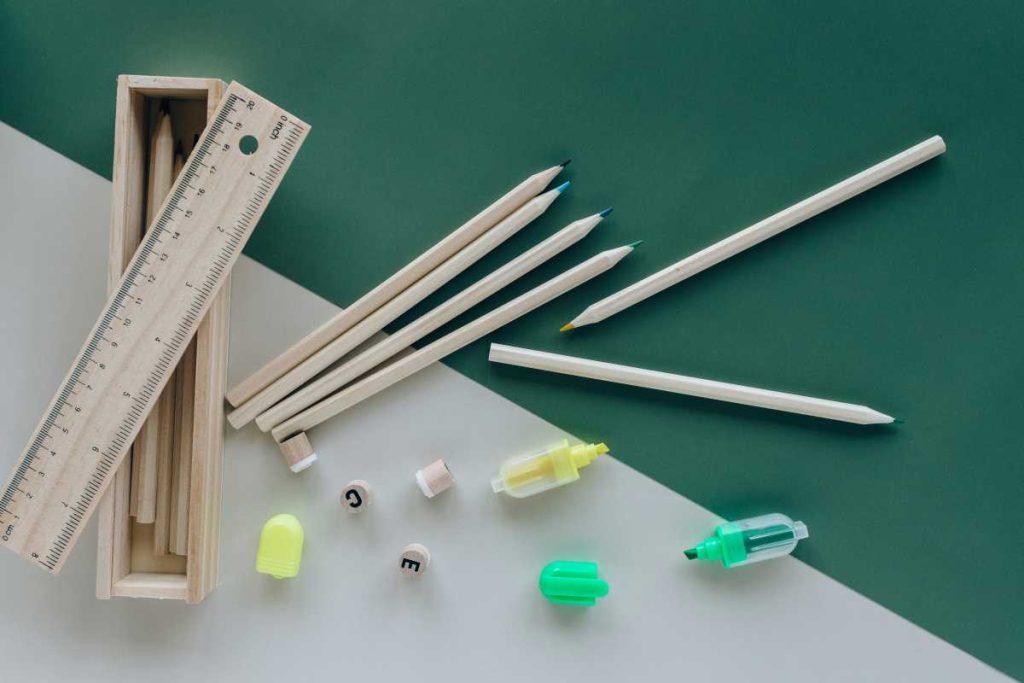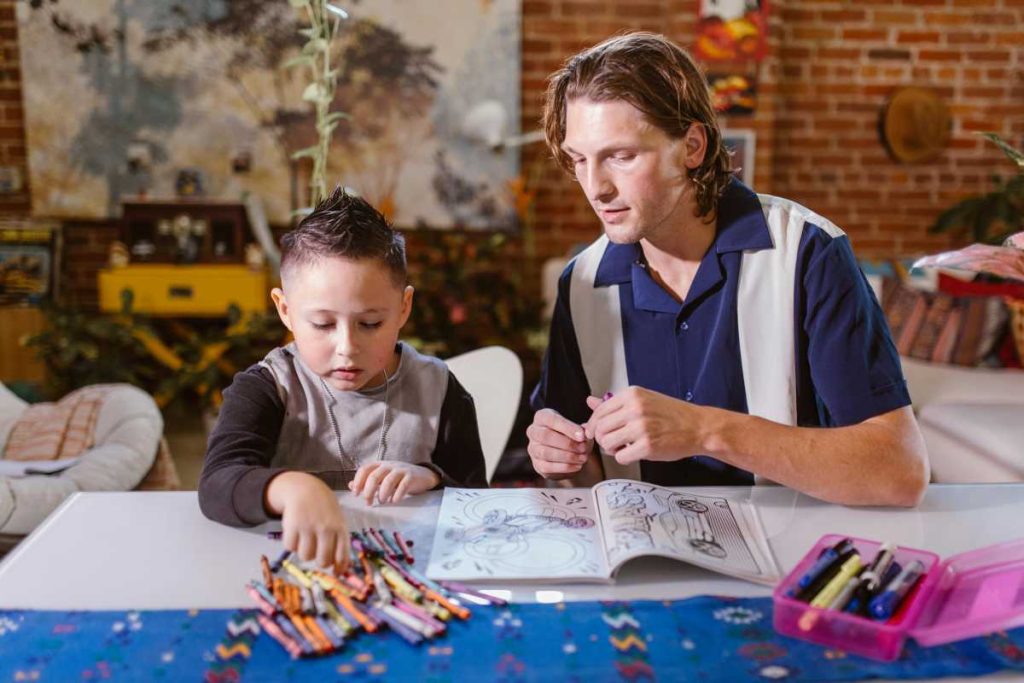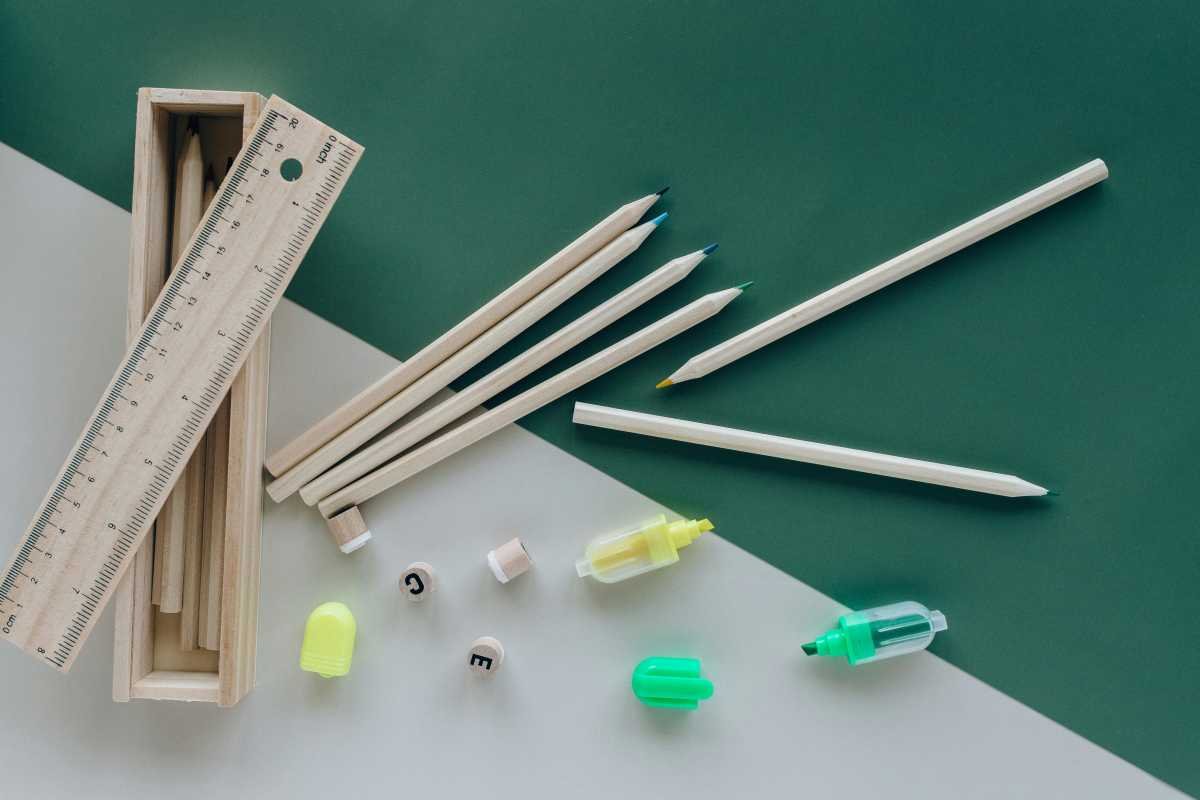As parents, we all want to raise smart, well-rounded kids who thrive both academically and emotionally. While traditional education often emphasizes formal learning, research is increasingly showing that children learn best through play.
Play-based learning is an educational approach that recognizes the value of play in helping children develop critical skills—creativity, problem-solving, social interaction, and emotional resilience—that are essential for lifelong success.
In this blog, we’ll dive deep into what play-based learning is, why it works, and how you can incorporate it into your child’s everyday life to boost their intelligence and emotional well-being.

What is Play-Based Learning?
Play-based learning is exactly what it sounds like: learning that happens through play. But it’s not just about having fun—it’s about using play to engage children in meaningful activities that help them explore, experiment, and understand the world around them.
When kids play, they’re often solving problems, learning new concepts, and practicing social interactions, all without even realizing they’re learning.
Play-based learning shifts away from structured, adult-led instruction and focuses more on child-led activities. Children are given the freedom to explore their interests and ideas, which naturally leads to better engagement and deeper understanding.
Whether it’s building with blocks, pretending to run a restaurant, or navigating a game, play allows children to develop both cognitive and social skills.
The Science Behind Play-Based Learning
Why does play-based learning work so well? It’s backed by solid research. Cognitive development theories from famous psychologists like Jean Piaget and Lev Vygotsky show that children are natural learners who make sense of their world through interaction and exploration.
Piaget believed that children go through stages of cognitive development, and play is an important part of each stage. Vygotsky, on the other hand, emphasized the role of social interaction in learning, arguing that kids learn best when they collaborate with others.
Play stimulates the brain in ways that enhance problem-solving, decision-making, and emotional regulation. When kids play, they strengthen neural pathways by connecting different concepts and experiences, which results in more meaningful and lasting learning compared to traditional rote memorization.
The Benefits of Play-Based Learning
1. Boosts Cognitive Development
Play-based learning is great for developing a child’s cognitive skills. Activities like building blocks, solving puzzles, and role-playing help children understand spatial relationships, numbers, and logical thinking.
For example, when a child is figuring out how to balance a stack of blocks or put together a puzzle, they’re learning problem-solving, critical thinking, and persistence—all skills that are essential for success in school and life.
Children also learn cause and effect during play. For instance, when they build a tower and watch it topple over, they begin to understand gravity and balance in a very hands-on way.
2. Improves Social and Emotional Skills
Play is not just about developing a child’s cognitive abilities—it also plays a huge role in shaping their social and emotional intelligence. When kids engage in group play, they learn how to communicate, share, negotiate, and resolve conflicts.
Role-playing games, like pretending to be a doctor or shopkeeper, teach kids how to see things from other perspectives, fostering empathy and emotional understanding.
Play also teaches resilience. When things don’t go as planned—like when they lose a game or their block tower falls—they learn to manage disappointment and frustration, building emotional strength and coping skills.
3. Enhances Language and Communication
Play-based learning naturally helps children develop language and communication skills. As they engage in pretend play or explain rules to friends, they expand their vocabulary, learn new sentence structures, and improve their ability to articulate thoughts.
This type of active, social communication is far more effective for language development than simply being told words or phrases.
Storytelling during play also encourages children to organize their thoughts and develop narrative skills, which are key for reading comprehension and creative writing later in life.
4. Supports Physical Development

Physical play is essential for developing both fine and gross motor skills. Running, jumping, climbing, and other forms of active play build coordination, balance, and strength, while activities like drawing, threading beads, or playing with small toys help improve hand-eye coordination and dexterity.
Physical play is also important for children’s overall health, promoting fitness and helping them burn off energy, which can lead to better focus when it’s time to sit down and learn.
5. Encourages Creativity and Imagination
Perhaps one of the greatest benefits of play-based learning is its ability to foster creativity and imagination. When children engage in imaginative play—whether they’re building a spaceship out of cardboard or pretending to be superheroes—they are exploring new ideas and concepts in a way that’s not constrained by rules or expectations.
Creativity and imaginative thinking are critical skills for success in today’s world. The ability to think outside the box and solve problems creatively is something that will benefit children in all areas of life, from academics to future careers.
How to Incorporate Play-Based Learning at Home
The good news is that you don’t need a classroom or special tools to start using play-based learning at home. Here are some simple ways to incorporate play into your child’s everyday life:
1. Use Open-Ended Toys
Open-ended toys like blocks, dolls, art supplies, or LEGOs are great for fostering creativity because there’s no “right” way to play with them. These toys allow children to invent their own games and stories, helping to develop problem-solving and critical thinking skills.
2. Encourage Outdoor Play
Playing outside offers endless opportunities for exploration and learning. Whether it’s building a sandcastle, going on a nature scavenger hunt, or simply running around, outdoor play helps children connect with nature, build physical strength, and develop curiosity about the world around them.
3. Set Up a Play-Based Learning Environment
You can create a designated play area at home where your child can freely explore and engage in different activities. Fill the space with books, puzzles, costumes, art supplies, and building materials, making it a space where your child can independently discover new ways to play.
4. Get Involved in Play
While independent play is important, don’t hesitate to join in sometimes. Playing together builds bonds and allows you to model problem-solving, cooperation, and social skills. Whether it’s role-playing, building something together, or playing a board game, your involvement enriches their learning experience.
5. Keep Screen Time in Check
While educational apps and shows can be helpful, too much screen time can interfere with meaningful play. Try to balance your child’s screen time with hands-on, active play. Activities that allow them to interact with their environment or friends will promote better cognitive and social development.
6. Turn Daily Tasks into Playful Learning
Learning doesn’t have to stop when playtime ends. You can incorporate playful learning into everyday tasks like cooking, shopping, or even doing chores. For instance, let your child help with grocery shopping by counting items or identifying colors, or let them measure ingredients while baking. These small activities turn routine tasks into fun learning moments.
Parents as Play Guides

As parents and caregivers, we play a crucial role in supporting play-based learning. While it’s important to let children lead their own play, our involvement can guide them in new directions and deepen their learning experience. For example, you can ask questions like, “What happens if we try it this way?” or “What do you think will happen next?” These open-ended questions encourage critical thinking and exploration.
It’s also important to understand that play is not just “fun time”—it’s a vital part of your child’s development. Instead of seeing play as separate from learning, recognize it as a powerful tool for helping your child grow into a smarter, more confident person.
Play-Based Learning in Schools
Many schools are beginning to incorporate play-based learning into their curricula, especially in early education. By allowing children to engage in hands-on activities and group projects, schools are recognizing that play fosters deeper understanding, creativity, and collaboration. Even in older grades, activities that incorporate problem-solving, exploration, and real-world tasks can keep children engaged and eager to learn.
Conclusion
Play-based learning isn’t just a method for keeping kids entertained—it’s a proven, powerful way to help children develop the cognitive, social, and emotional skills they need to succeed. By encouraging your child to engage in meaningful play, you’re setting the foundation for a lifelong love of learning. Remember, play is not a break from learning—it’s the way children learn best.
So, embrace the messy, creative, fun world of play, and watch your child grow smarter, more resilient, and ready to take on the world.

